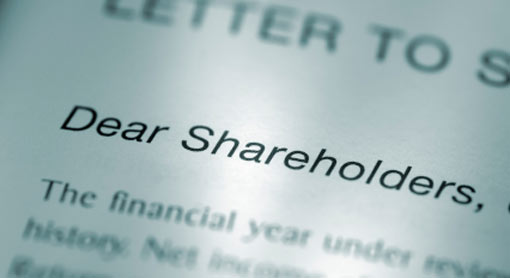Except in the case of a proprietorship firm where the capital is fully contributed by the proprietor, in all other companies, capital is collected from a variety of sources. The sources may be friends and relatives of the owners, financial institutions and, fn case of public limited companies, individual members of the public. All those people who contribute capital to a firm are known as its shareholders.
The prime responsibility of the manager is to ensure the security of the shareholders’ capital.The manager must ensure that the firm does not become bankrupt or it is • faced with a situation where the shareholders’ capital is endangered. In other words, the manager must, at least, ensure the survival of the firm.
Having done that, the manager has to ensure that the shareholders are able to earn profit on their capital. Shareholders invest their hard earned savings in your firm with the hope that they will be able to earn more on it than if they keep the money in a bank. Money invested by shareholders is representative of the faith they have in your competence and ability as a manager to put their money to good use and give them a satisfactory return. The onus is on you to make your firm profitable and provide regular dividends to your shareholders.
By virtue of the capital invested in your firm, shareholders are owners of your firm. As a manager you have to keep them regularly informed about all important decisions, activities and results. The balance-sheet and the annual general meeting are the usual yearly forums for such information sharing. You have to ensure that the information provided in reports.and balance-sheets is correct and authentic, and does not in any way mislead the shareholders. During the annual general meeting or any other such meeting with shareholders you must encourage them to ask questions about the working of the firm and also provide ideas for improvement, and not threaten or intimidate them in any manner.




4 Comments